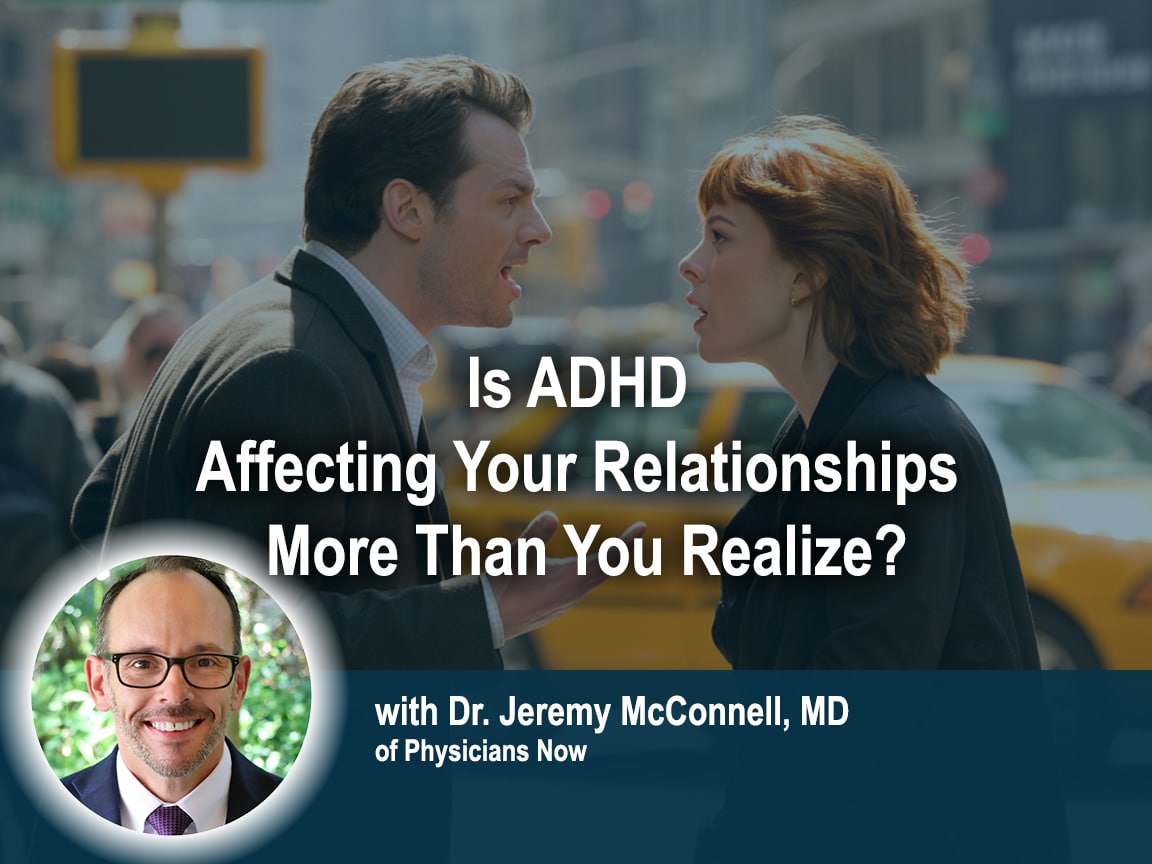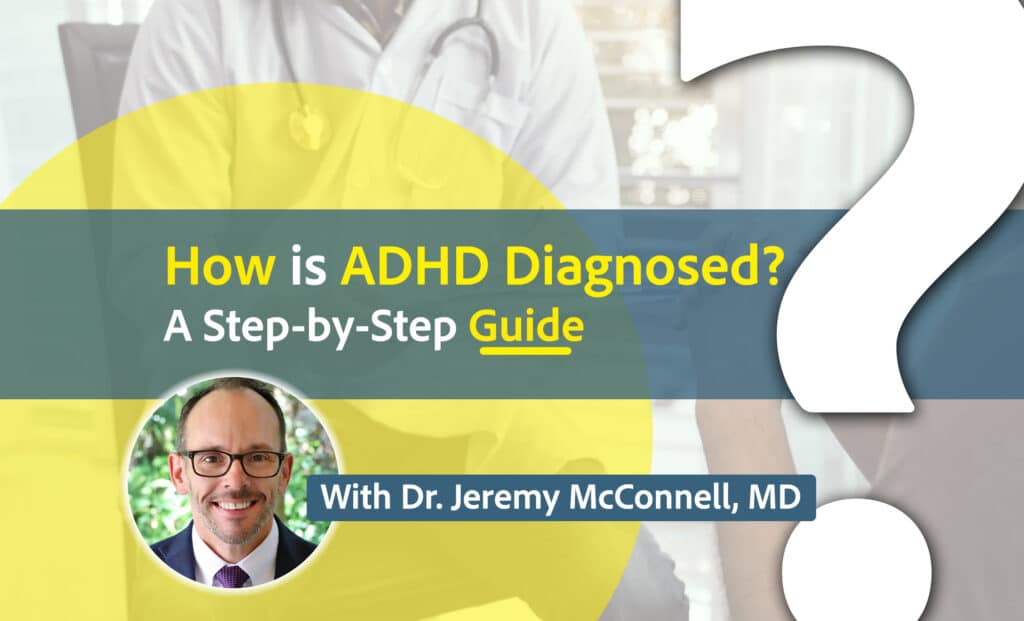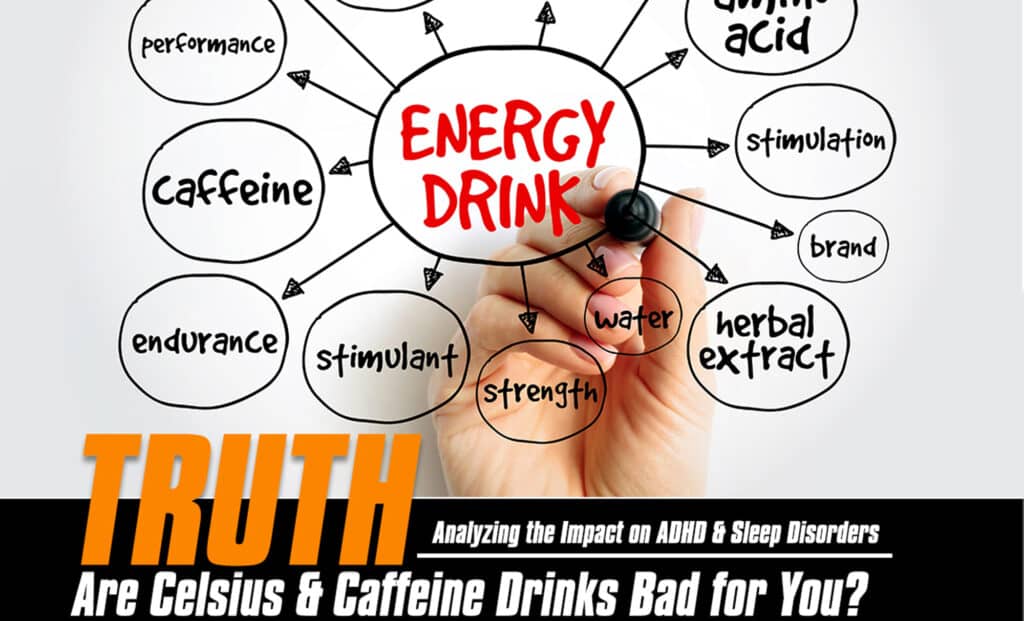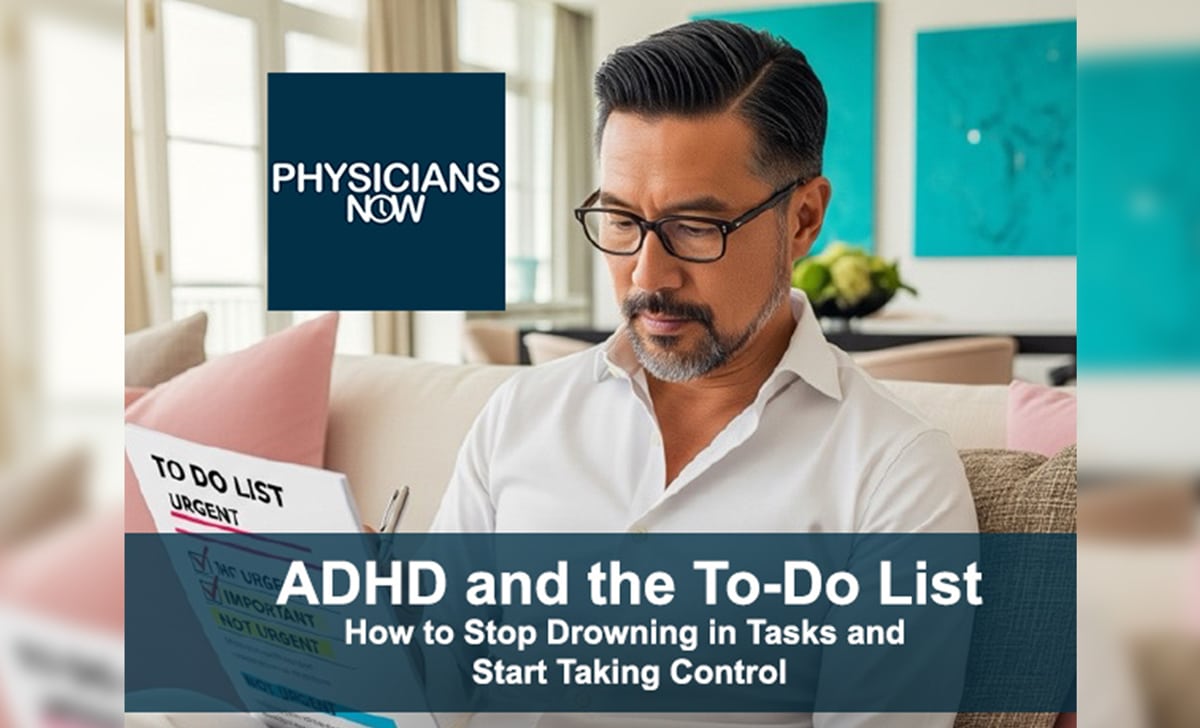Have you ever been told you interrupt too much? Do friends or loved ones get frustrated when you forget simple tasks or seem distracted during conversations? Have you ever rushed into a relationship that seemed exciting at first but didn’t end well?

Is ADHD Affecting Your Relationships More Than You Realize
If so, these may not just be personality quirks—they could be signs of untreated ADHD. While most people associate ADHD with struggles at work or school, the impact of the disorder on personal and social relationships is often just as significant—and often overlooked.
One important topic I regularly discuss with patients undergoing treatment for ADHD is how the disorder influences multiple aspects of life, beyond just occupational or academic performance. A common trend I’ve noticed is that patients often lack insight into the broader ways ADHD can manifest. The focus typically centers on workplace productivity or academic success, which reflects our culture’s values. However, a crucial area that is frequently missed is how ADHD affects a patient’s social life and relationships.
For example, many of the common symptoms of ADHD—frequent interruptions, tangential thoughts, distractibility, and forgetfulness—can be seen by others as irritating or even offensive. These behaviors, though unintentional, can put strain on friendships, family dynamics, and romantic partnerships. In intimate relationships in particular, impulsivity may show up in partner selection, leading to overlooked red flags or decisions made in the heat of new excitement. These lapses in judgment can result in poor choices that may not reflect the person’s true character or values.
When these patterns are brought to a patient’s attention, they often experience moments of clarity as they reflect on their past. These realizations can be powerful. At each visit, I encourage patients to look more closely at how their ADHD might be affecting those around them. Over time, this increased awareness can lead to meaningful changes—especially in how they relate to their partners, friends, and family.
Better understanding of one’s own behavior can lead to better communication. And better communication often leads to more compassion within relationships.
If any of this sounds familiar, it might be time to consider a professional evaluation. At Physicians Now, we specialize exclusively in diagnosing and treating Adult ADHD with expert medical doctors—not nurse practitioners or assistants. You’ll meet with the same physician at every visit via live video. Our treatment plans are highly personalized, and you’ll never be locked into a subscription. You only pay when you are seen.
Start the process today and get the clarity you need to improve not just your focus—but your relationships, too.
👉 Book your appointment at https://book.thephysiciansnow.com

Is ADHD Affecting Your Relationships More Than You Realize
Have you ever been told you interrupt too much? Do friends or loved ones get frustrated when you forget simple tasks or seem distracted during conversations? Have you ever rushed into a relationship that seemed exciting at first but didn’t end well?
If so, these may not just be personality quirks—they could be signs of untreated ADHD. While most people associate ADHD with struggles at work or school, the impact of the disorder on personal and social relationships is often just as significant—and often overlooked.
One important topic I regularly discuss with patients undergoing treatment for ADHD is how the disorder influences multiple aspects of life, beyond just occupational or academic performance. A common trend I’ve noticed is that patients often lack insight into the broader ways ADHD can manifest. The focus typically centers on workplace productivity or academic success, which reflects our culture’s values. However, a crucial area that is frequently missed is how ADHD affects a patient’s social life and relationships.
For example, many of the common symptoms of ADHD—frequent interruptions, tangential thoughts, distractibility, and forgetfulness—can be seen by others as irritating or even offensive. These behaviors, though unintentional, can put strain on friendships, family dynamics, and romantic partnerships. In intimate relationships in particular, impulsivity may show up in partner selection, leading to overlooked red flags or decisions made in the heat of new excitement. These lapses in judgment can result in poor choices that may not reflect the person’s true character or values.
When these patterns are brought to a patient’s attention, they often experience moments of clarity as they reflect on their past. These realizations can be powerful. At each visit, I encourage patients to look more closely at how their ADHD might be affecting those around them. Over time, this increased awareness can lead to meaningful changes—especially in how they relate to their partners, friends, and family.
Better understanding of one’s own behavior can lead to better communication. And better communication often leads to more compassion within relationships.
If any of this sounds familiar, it might be time to consider a professional evaluation. At Physicians Now, we specialize exclusively in diagnosing and treating Adult ADHD with expert medical doctors—not nurse practitioners or assistants. You’ll meet with the same physician at every visit via live video. Our treatment plans are highly personalized, and you’ll never be locked into a subscription. You only pay when you are seen.
Start the process today and get the clarity you need to improve not just your focus—but your relationships, too.
👉 Book your appointment at https://book.thephysiciansnow.com



